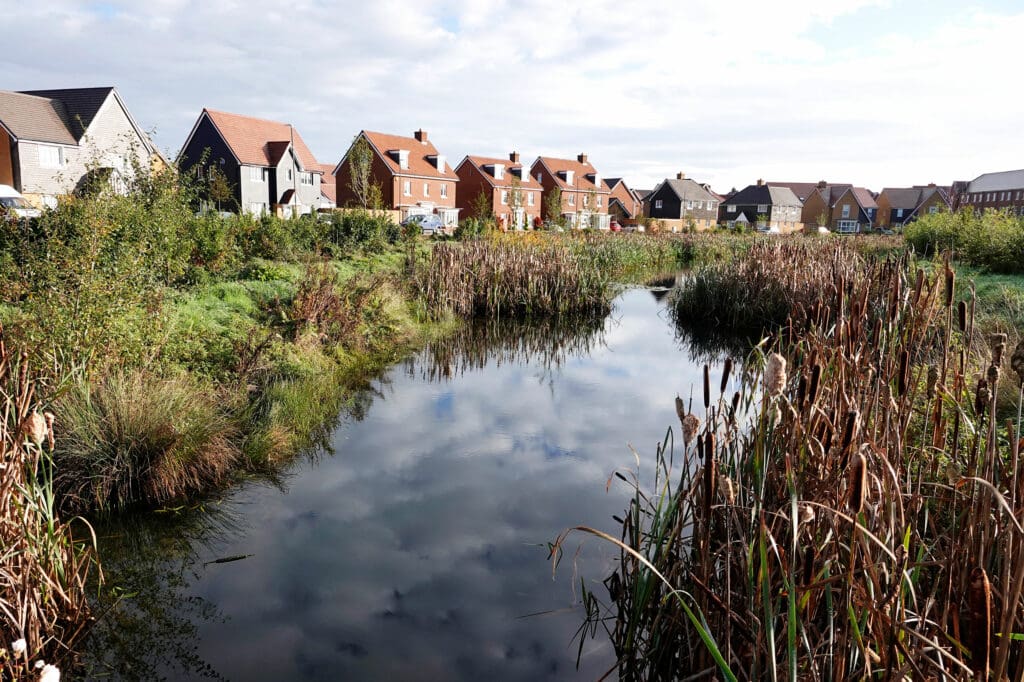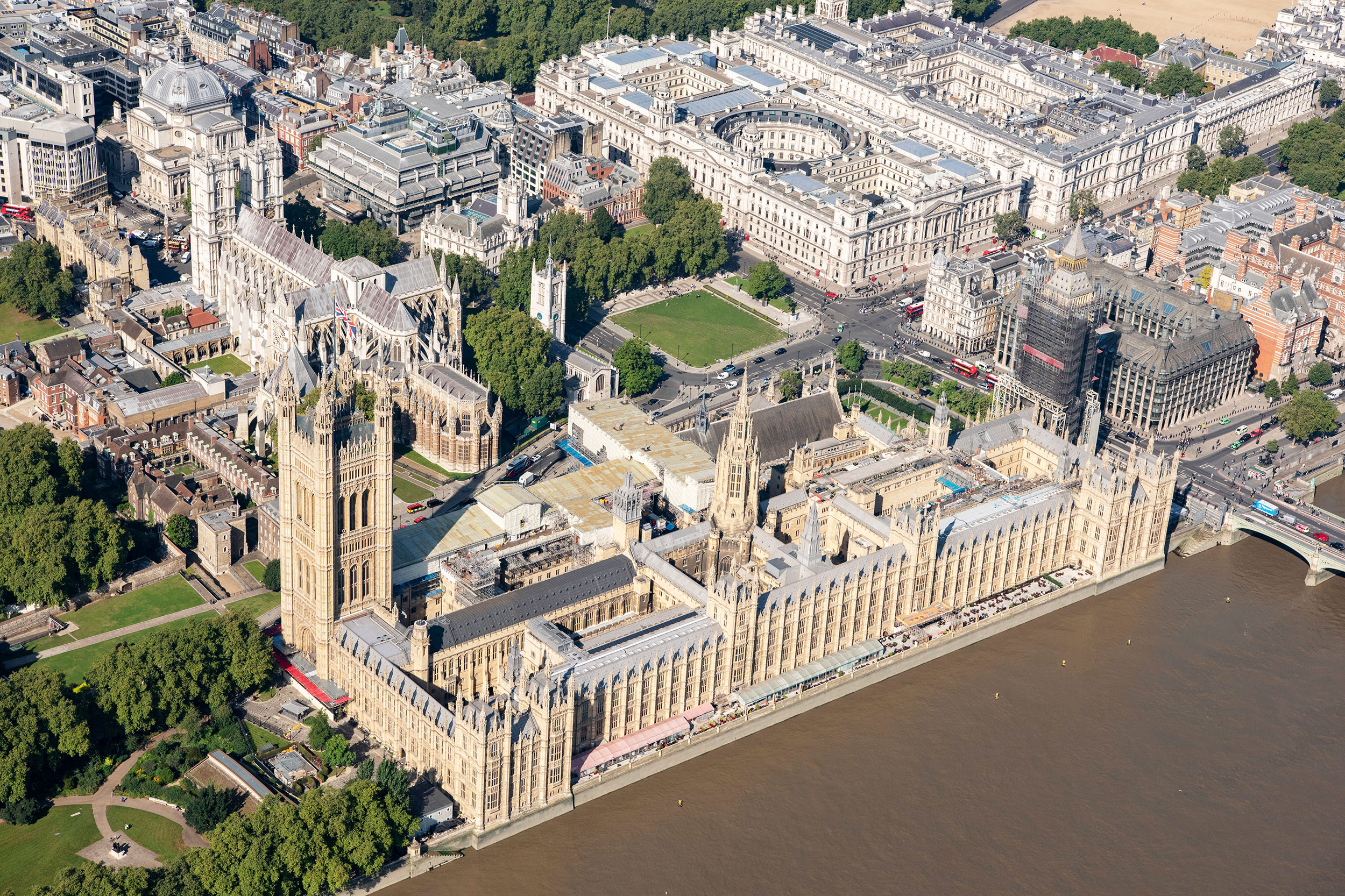The UK has a new Parliament. The incoming Labour Government is responsible for meeting the targets set out in the Global Biodiversity Framework for 2030. So it’s vital that they understand what needs to be done.
By 2030, we should have reached an important milestone for nature conservation. The large-scale, worldwide restoration of natural habitats and reversal of wildlife declines should have begun.
The UK is one of 196 countries that signed an agreement to halt the loss of nature by 2030: the Kunming-Montreal Global Biodiversity Framework. Agreed at the UN’s nature summit, COP15 (Conference of Parties) in December 2022, part of the promise is that each government will ensure 30% of its land and seas will be well managed for nature. We’re proud that, as part of BirdLife International, the RSPB was there at the Conference championing wildlife and campaigning for a strong agreement.
But that promise needs to become a reality, and there’s a long way to go. In 2021, research by an RSPB team found that as little as 5% of the UK’s land is effectively managed for nature.
The Westminster Government should also, at this point, be working towards the targets set out in the Environment Act (2021) and the Environmental Improvement Plan (EIP). The Environment Act includes a legal obligation to halt the decline of species in England by 2030. If achieved, these aims would help the UK meet those 2030 global ambitions.
But in January this year, the Office for Environmental Protection (OEP), the Westminster Government’s own environmental watchdog, reported that they were largely off track to meet their environmental ambitions, and need to accelerate efforts to restore, protect and enhance the environment to reach the agreed targets.
Working together for nature
The RSPB was founded as a campaigning organisation and has successfully campaigned for tighter laws on pollution and the protection of wildlife. Charities campaigning to achieve their missions is supported under UK charity rules.
A charity must remain politically neutral, so our campaigning in the run-up to the General Election called on all political parties to commit to taking action. We wanted them all to make restoring birds, wildlife and the habitats that they need a top priority.
The latest State of Nature report in 2023, researched and produced by over 60 nature conservation organisations, highlights the severity of wildlife decline in the UK and UK Overseas Territories.
It tells us, for example, that nearly one in six species are at risk of being lost from Great Britain, and 12% from Northern Ireland.
Research and practical in-the-field conservation work by organisations such as the RSPB has shown what works to reverse these declines. This offers us hope. We don’t have to live in a world depleted of nature, or where damage to the natural environment has devastating consequences for people.
Together we have proved over and over again that this campaigning, these conversations, can work
Nature-positive policies
Almost all environmental policy for their respective countries has been devolved to Northern Ireland, Scotland and Wales. That includes decisions around funding for their respective environmental regulators.
But MPs at Westminster, as well as impacting considerably on England, also control the overall budget for all four UK countries for nature-friendly farming. This could have a considerable impact on supporting farmers to help wildlife, and thereby helping nature recover.
In fact, boosting nature-friendly farming is a good example of an action a new UK Government could take within its first 100 days to show it’s truly committed to meeting the 2030 targets and restoring nature.
Other positive signs of commitment to conservation include hardwiring action for nature into the planning and energy systems and providing funding for our struggling seabirds decimated by avian flu.
Nature Can’t Wait
The new Government must act.
The largest number of new MPs in modern history has been elected: 335 of them, in fact! That’s a big chance to forge new connections and start making sure that the people who want to represent you do so with a good understanding of the challenges nature is currently facing, and how much that means to you.
It’s easy to be cynical about political representatives and whether talking to them makes a difference. But together we have proved over and over again that this campaigning, these conversations, can work. From the Importation of Plumage (Prohibition) Act in 1921 right up to the sandeel fishing bans in 2024, we’ve shown that you have the power to make change happen.
So, let’s all seize the moment: make sure the newly elected UK Government knows that the protection and restoration of wildlife and wild places is a priority. Nature Can’t Wait.

You can make a difference
Here are some things you can do to influence the new UK Government…
- Email your Member of Parliament (MP), Members of the Legislative Assembly (MLA), Members of the Senedd (MS) or Members of the Scottish Parliament (MSP).
- Write to your local media and let them know about the 2030 targets and what needs to be done.
- Tag your elected representative on social media, let them know that #NatureCantWait and that they need to act now.
- Meet your elected representative in person.
- Get involved with your RSPB Local Group. These groups support the RSPB, partnering with other organisations, participating in rallies and marches, or engaging with MPs and planning authorities. Find a local group near you.
- It’s also important to remember Councillors at Local Authorities, so here are some tips on contacting them.
- Learn about planning systems and wildlife law.
- The RSPB has a range of resources ready for you to use.
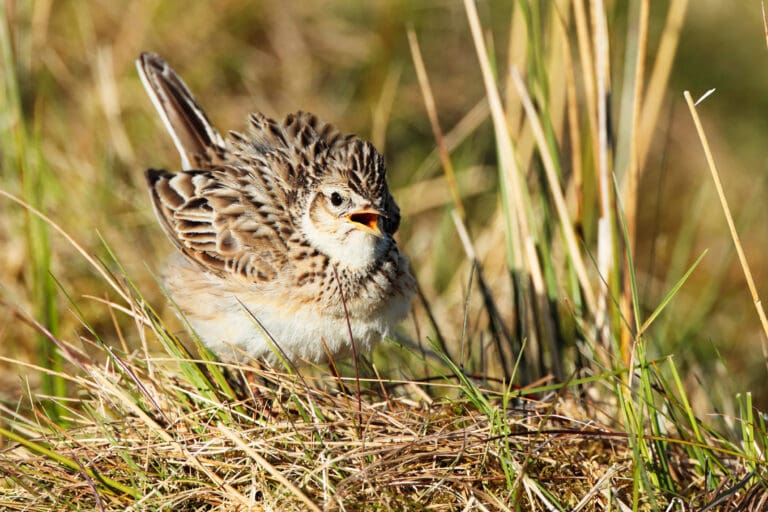
Skylark. Photo: Steve Round
You might also like
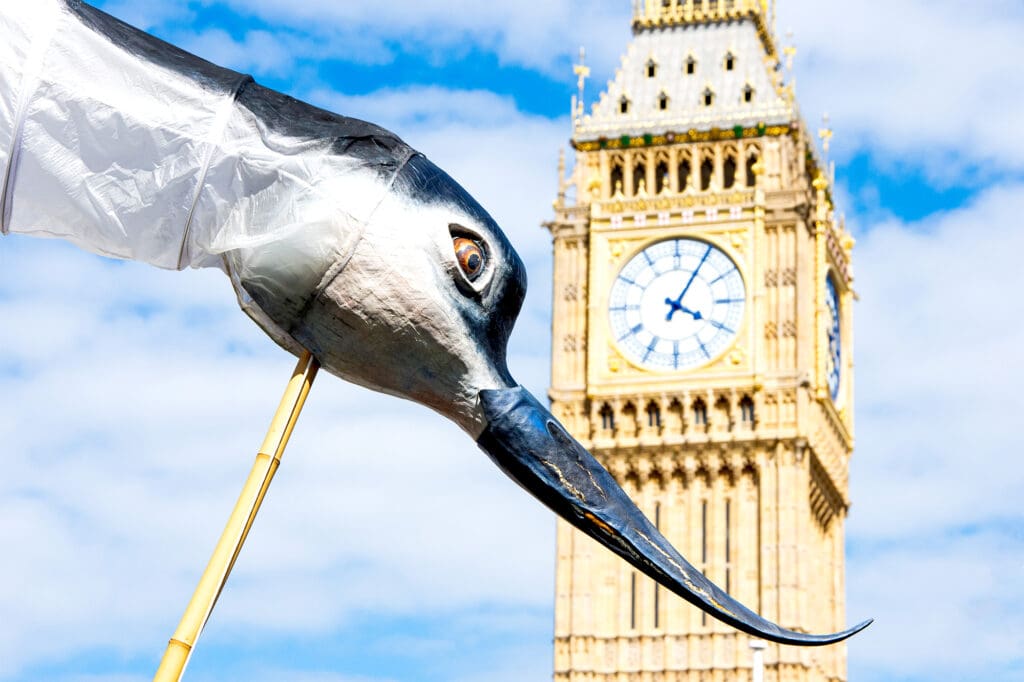
A big family day out for nature
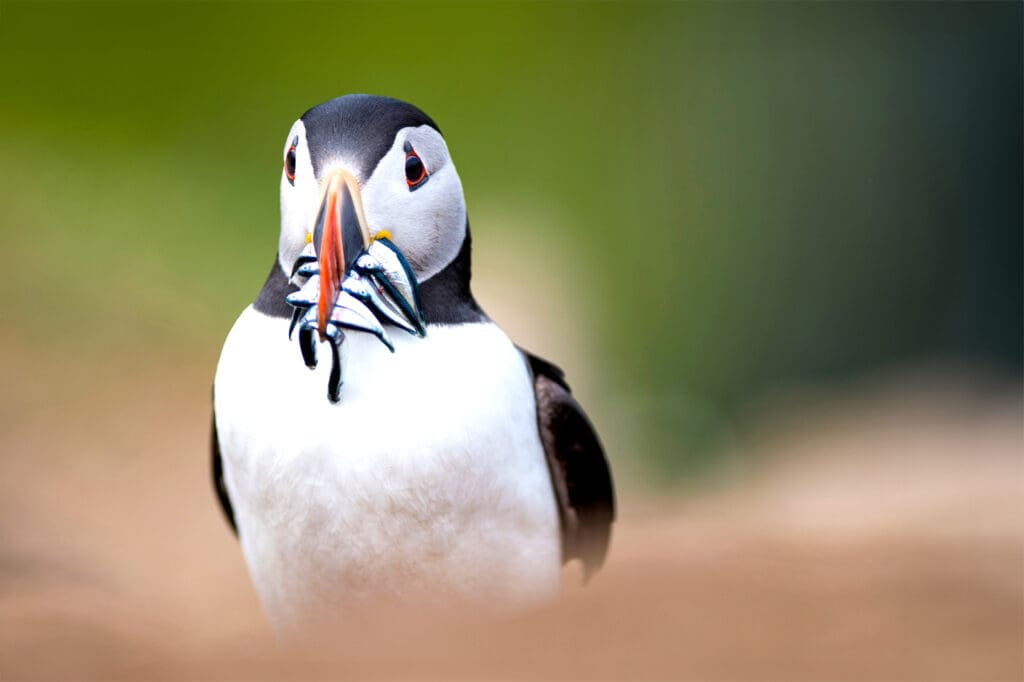
Sandeel success
